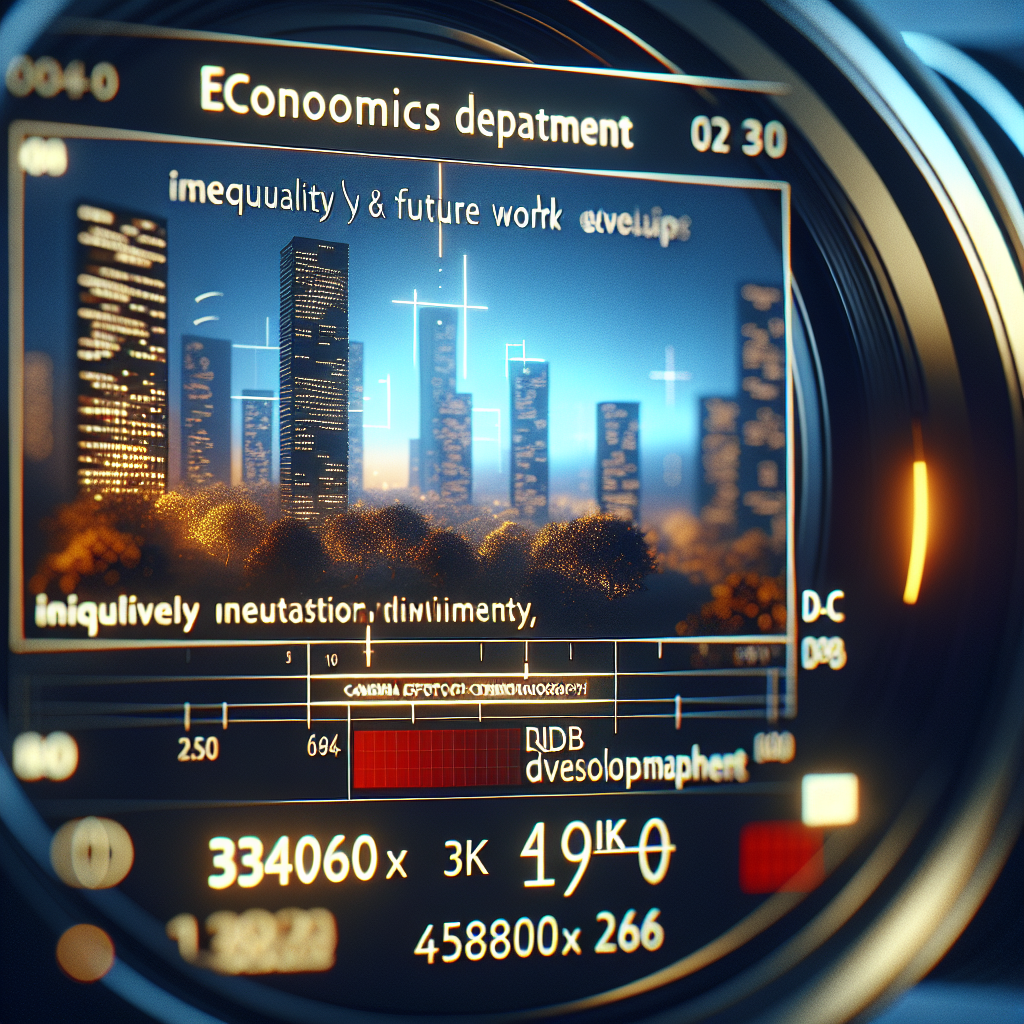Developing a Universal Language
Developing a Universal Language
The concept of a universal language has been a topic of interest for many years. The idea is to create a language that can be understood by everyone, regardless of their native tongue, to promote global understanding and unity.
The Need for a Universal Language
With globalization and the increasing interconnectivity of the world, the need for a universal language has never been more apparent. It could facilitate international communication, promote cultural understanding, and reduce language barriers that often lead to miscommunication and conflict.
- Facilitates international communication
- Promotes cultural understanding
- Reduces language barriers
Challenges in Developing a Universal Language
Despite the potential benefits, developing a universal language is not without its challenges. These include the complexity of language development, the diversity of existing languages, and the resistance to adopting a new language.
- Complexity of language development
- Diversity of existing languages
- Resistance to adopting a new language
Potential Solutions
Several potential solutions have been proposed to overcome these challenges. These include the use of artificial intelligence to create a new language, the adoption of an existing language as the universal language, and the development of a simplified language that is easy to learn and use.
- Use of artificial intelligence
- Adoption of an existing language
- Development of a simplified language
Conclusion
In conclusion, while the development of a universal language presents numerous challenges, the potential benefits it could bring to global communication and understanding make it a worthwhile endeavor. With the help of technology and a global commitment to overcoming language barriers, the dream of a universal language could become a reality.














